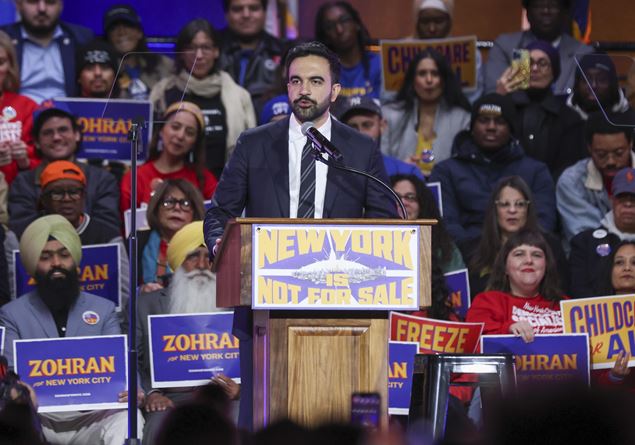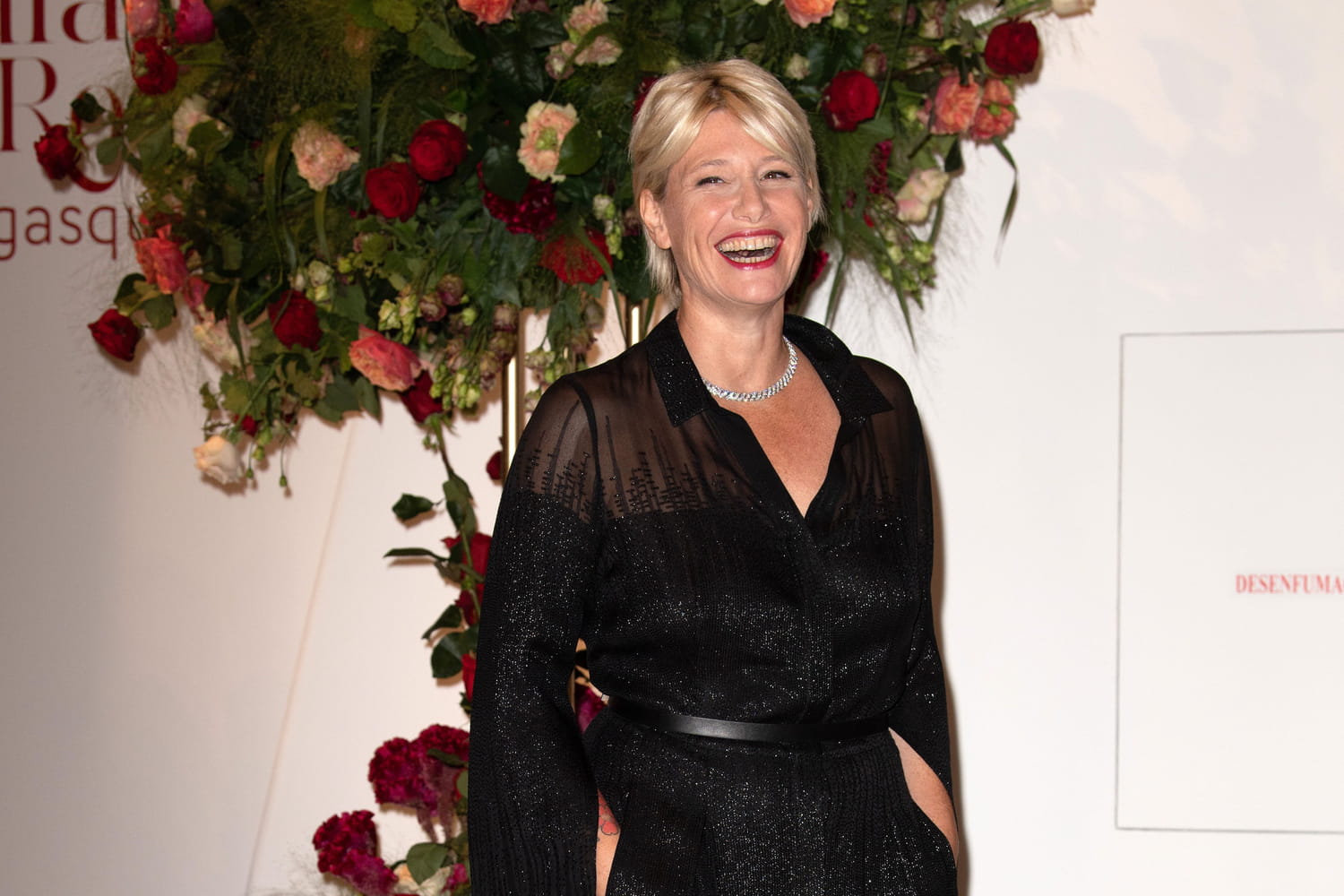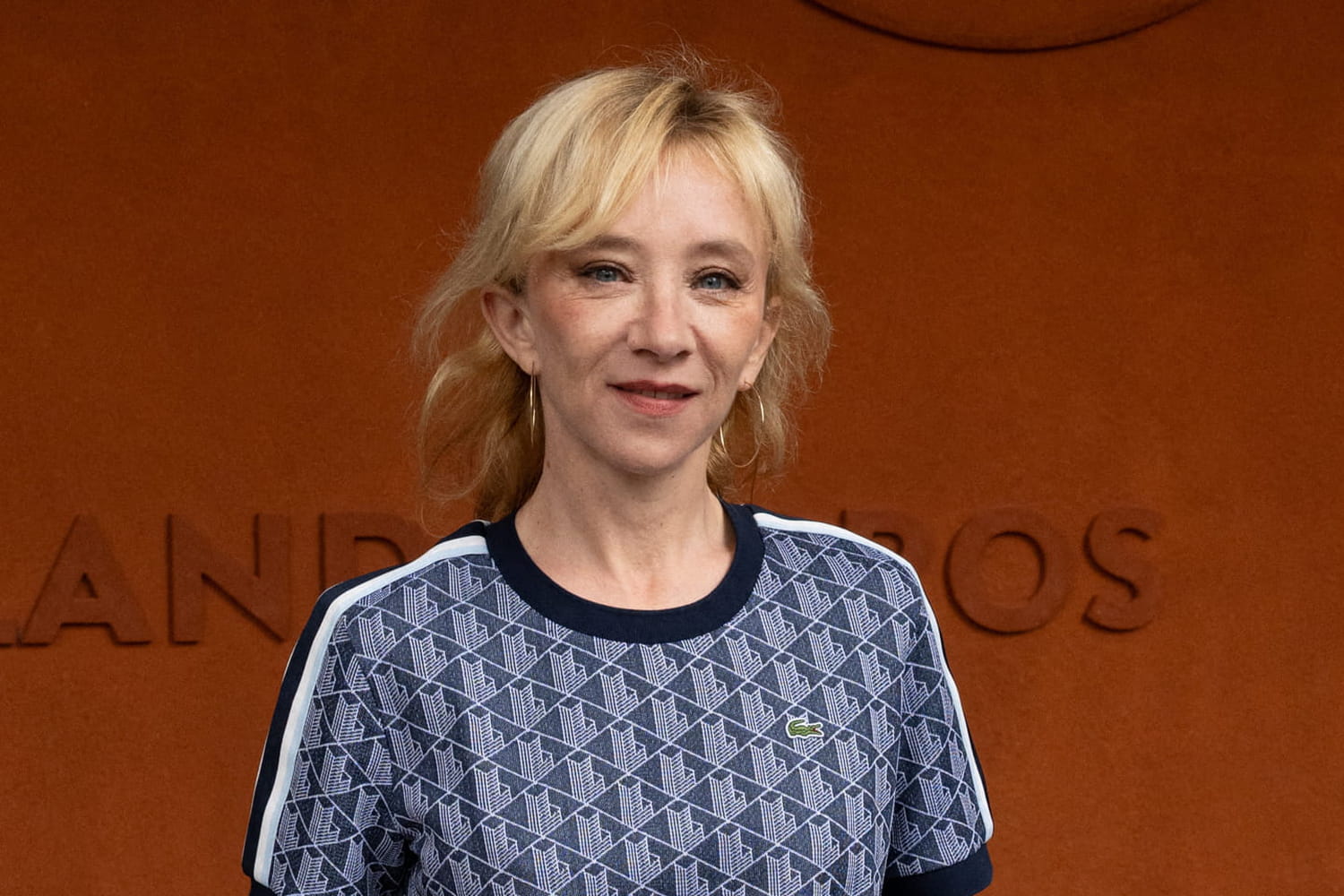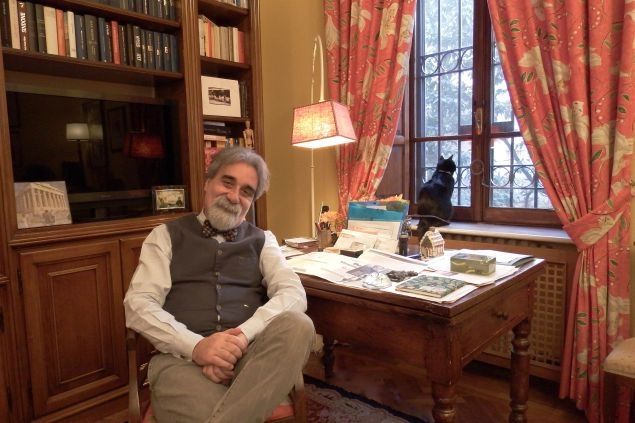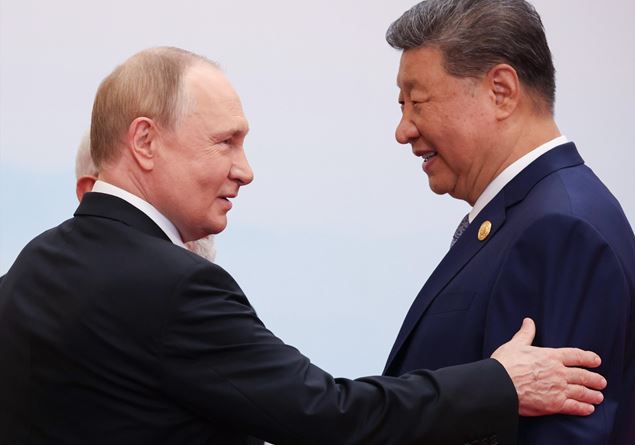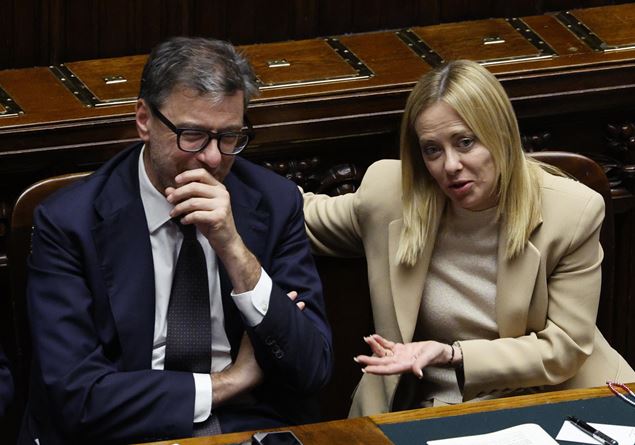by Ludovico Bianchi
General tests of the new world order. To conduct them, with method and patience, it is Xi Jinping, which has chosen the Shanghai stage and the SCO summit – the organization for the cooperation of Shanghai – to relaunch its vision: a cohesive global south and capable of opposing western domain. The organization, which brings together almost twenty developing countries, represents 23% of the world GDP and constitutes the Geopolitical Laboratory of Beijing to redesign international balances. The frame is not accidental. For years 60s has been working on the construction of a network of alliances that goes beyond Asia, welding economic and military interests, leveraging historical discontent to the West. And today, with an America crossed by internal fractures and with an uncertain and uniform Europe, Beijing’s strategy seems to find fertile ground. It is no coincidence that the long wave of the war of duties launched by Donald Trump continues to weigh as a deep fracture in transatlantic relationships.
For the Chinese leader this is the triumph week. After Tianjin’s summit, transformed into a real geopolitical show, the military parade in Beijing is scheduled in Piazza Tiananmen. Hypersonical missiles, new generation drones and patriotic rhetoric will scan an event that, more than celebrating the past, will launch a message to the future: China is now considered global power, capable of competing on the symbolic and military soil with the United States. But the showcase is not enough to hide the shadows. Some absences of weight between the military leaders in the parade feed the voices of new purges internal to the popular army of liberation. Signal that XI control is based not only on consent, but also on the constant reorganization of the ranks.
The “axis of world disorder” evoked by several observers takes shape in the images of Vladimir Putin, Narendra Modi and Xi Jinping side by side, Putin and ways even together, hand in hand. A photo that tells more than so many speeches: India, traditionally prudently, is today the balance of the balance between the East and the West, while Putin’s Russia resists sanctions thanks also to the Chinese support. On the opposite front, the West observes and scrutinized. Europe, in particular, appears more and more a dot on the geopolitical map, unable to really affect. In Brussels there are sanctions and duties, while new global architectures are imagined in Shanghai. It is the waste between those who react and who proposes. The SCO summit does not yet mark the birth of a new world order, but shows the direction that XI Jinping intends to impress. A direction that passes through the construction of a global South led by Beijing, capable of challenging the American empire and the entire West on the ground of alliances, technology and military power.

